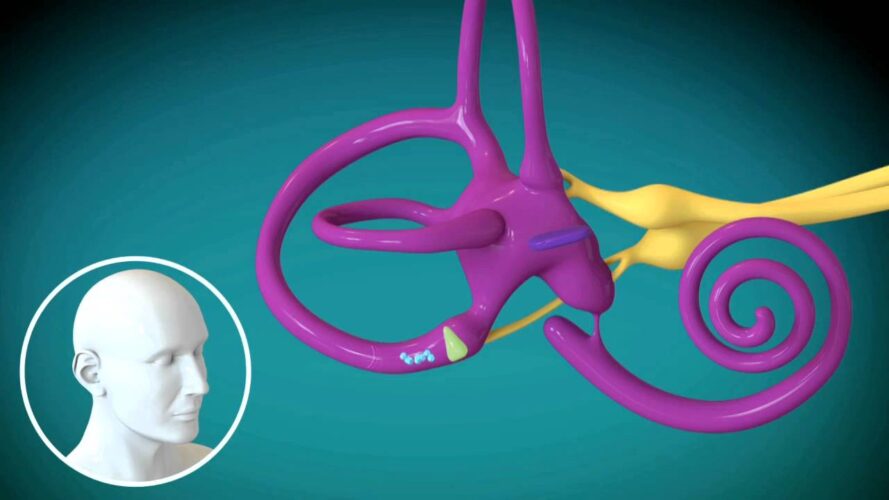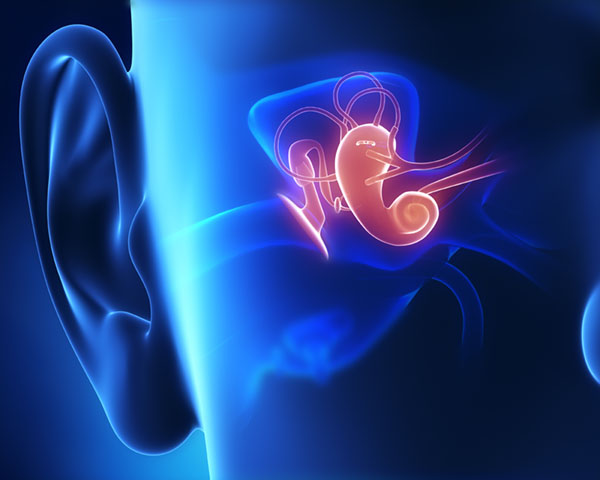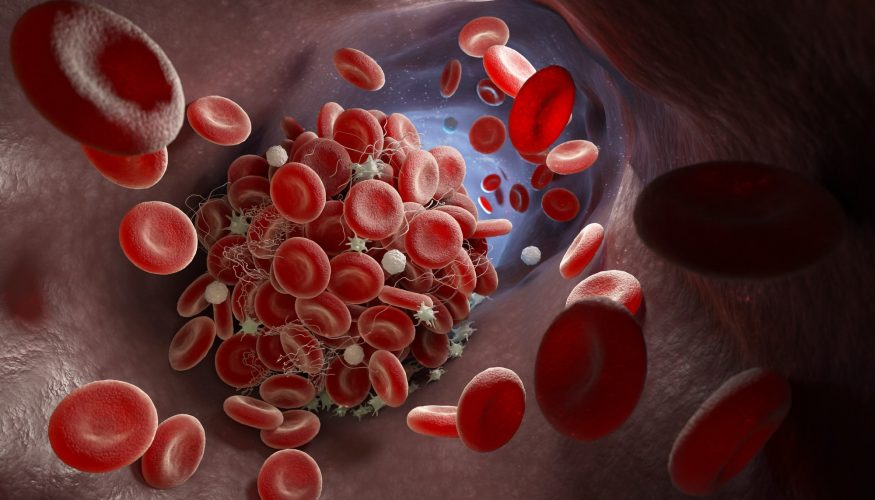Many parts of your body — including your eyes, brain, inner ear, and nerves in your feet and spine — work together to keep you balanced. When a part of that system is off, you can feel dizzy. It can be a sign of something serious, and it can be dangerous if it makes you fall.
Is It Vertigo?
Does it feel like you’re spinning or the room is moving around you? That’s a classic sign of a particular type of dizziness called vertigo. It’s more than feeling off-kilter and usually gets worse when you move your head.

This is a symptom that there is an issue in the inner ear or part of the brainstem governing balance. The most common kind is benign paroxysmal positional vertigo, or BPPV.

Your inner ear is a complicated system of canals filled with fluid. These let your brain know how your head is moving. With BPPV, tiny bits of calcium in part of your inner ear get loose and move to places they don’t belong.
Is It an Infection?
Inflammation of the nerves in your ears also can cause vertigo. It can be either vestibular neuritis or labyrinthitis. Vestibular neuritis refers to inflammation of your vestibular nerve only while labyrinthitis involved both your vestibular nerve and your cochlear nerve.

Both conditions are caused by an infection. Usually, a virus is to blame. But bacteria from a middle ear infection or meningitis can make their way into your inner ear as well.
Is It Meniere’s Disease?
This condition brings on intense periods of vertigo that can last hours. You may feel fullness or pressure in one ear. Other symptoms include ringing in your ears, hearing loss, and nausea. You may feel exhausted after the attack passes.

People with Meniere’s disease have too much fluid in their inner ear. Doctors don’t know what causes it, and there’s no cure for it. It’s usually treated with diet changes (a low-salt diet) and medicine to control the dizziness.
Is It Your Circulation?
Dizziness can be a sign of a problem with your blood flow. Your brain needs a steady supply of oxygen-rich blood. Otherwise, you can become lightheaded and even faint.

Some causes of low blood flow to the brain include blood clots, clogged arteries, heart failure, and an irregular heartbeat. For many older people, standing suddenly can cause a sharp drop in blood pressure.





